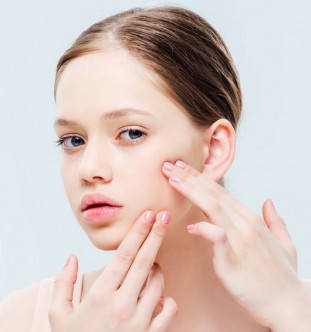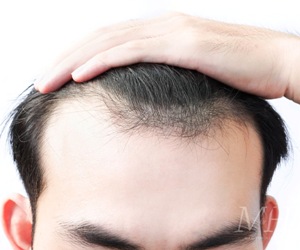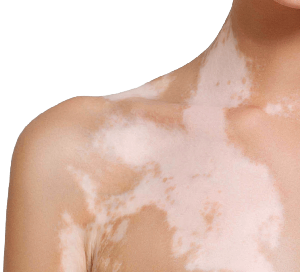
Teen acne is a skin condition causing bumps on the face, back, and chest. Oil glands make a natural moisturizer for your skin, called sebum. In teen acne, sebum can clog the pores, which makes the skin “sticky” and difficult to shed. The combination of sebum, dead skin cells, and bacteria within a clogged pore causes a pimple.
Teen acne can affect a young person’s outlook on life, social adjustment, and even school performance. Today we know that pimples can cause scarring not just on the skin, but also on the psyche. Recent studies show that teen acne can result in a loss of self-esteem and self-confidence, poor body image and social withdrawal, and, depression, anger, and frustration. Fortunately, we have improved our ability to manage and treat these patients.
Do’s & Don’ts
- Do : make sure teens rinse with water that is warm. Use mild cleansers.
- Don’t: scrub with a washcloth; use fingertips and wash the face gently.
- Do: use your acne medication only as directed by your doctor
- Don’t: use over-the-counter acne treatments in addition to your prescriptions without checking with your doctor
- Do: look for products that are non-comedogenic and oil-free
- Don’t: use more makeup than you need. Do apply makeup after you put on your acne medication and remove your makeup every night with gentle cleansing
- Do: take caution with applying hair products. If they get into contact with the face, they may further clog pores and make your acne flare. If you are a teen who has started to shave, use care to avoid nicking pimples; an electric razor may work better than a razor blade to avoid spreading the bacteria.




No comment yet, add your voice below!